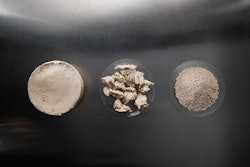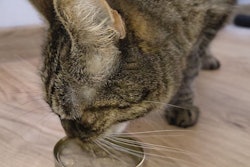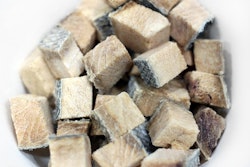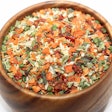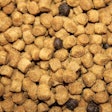
Finnish biotech company Enifer and Brazilian ethanol producer FS have partnered to produce PEKILOPet and PEKILOAqua mycoproteins in Brazil using side streams from corn ethanol production.
“Transferring this process across the Atlantic to a new continent and using a new agricultural side stream is a significant validation of the flexibility and robustness of the PEKILO fermentation technology,” said Simo Ellilä, CEO and co-founder of Enifer. “It shows that PEKILO can deliver consistent performance from a wide variety of raw materials and in very different industrial settings.”
The pilot project, located at an FS facility, is expected to produce 500 tonnes of mycoprotein annually and is the first use of Enifer’s PEKILO process outside Europe. The ingredients, rich in protein and beta-glucans, are designed for use in pet food and aquafeed.
“This project reinforces our commitment to innovation, science, and sustainability,” said Rafael Abud, CEO of FS. “We are adding extra value to second-crop corn by developing a relevant and innovative solution for animal nutrition, using a pre-existing raw material without compromising DDG production.”
With R$9.8 million (US$1.8 million) in public funding from Brazil’s FINEP innovation agency, FS will implement the pilot plant and prepare for potential scale-up to industrial-level production.
“With this funding, we will advance key stages related to fungal fermentation, enabling us to move toward industrial production,” said Daniel Lopes, vice president of sustainability and business development at FS. “We will now implement our pilot plant, learn how to scale its operation and test the market with high-performance functional solutions for animal nutrition.”
A future industrial plant could reach a production capacity of 10,000 tonnes annually. The mycoprotein will be marketed in Brazil and exported to key aquaculture markets such as Ecuador and Chile.



